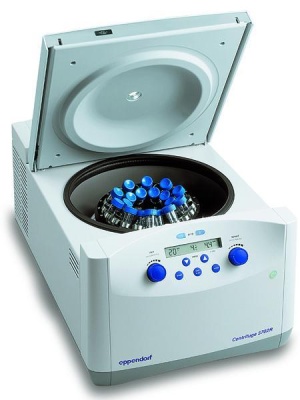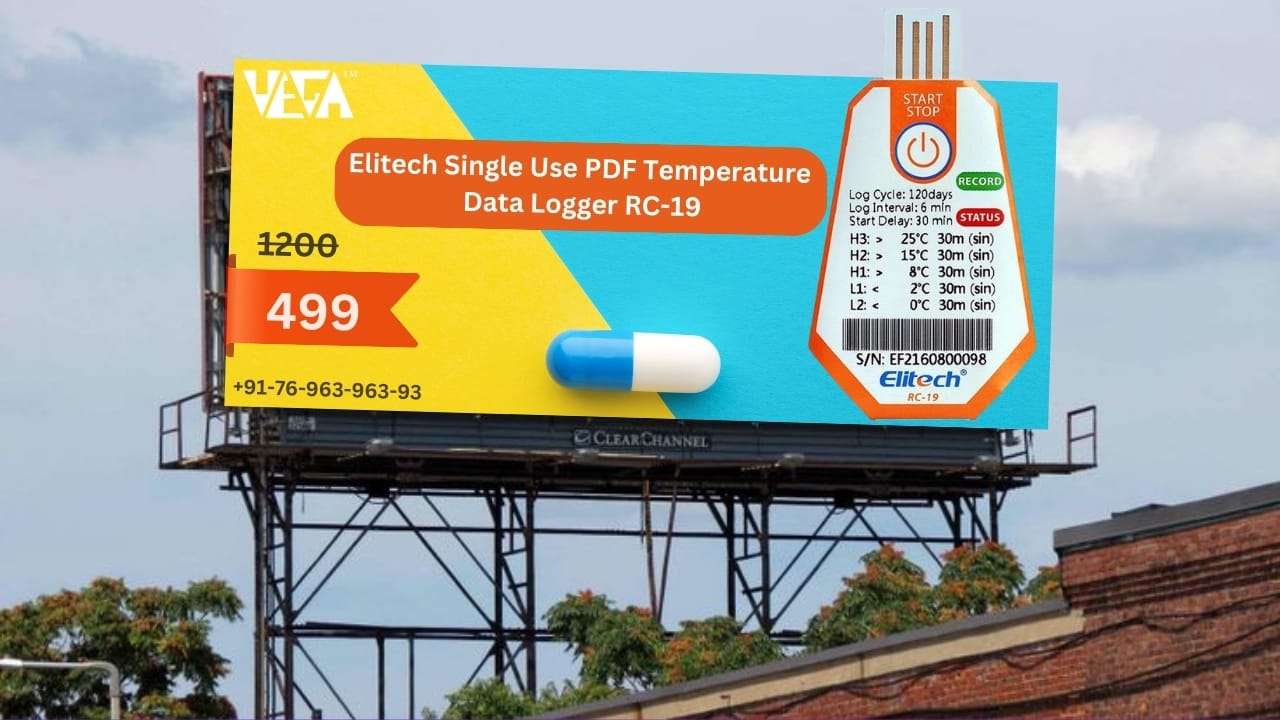Filter by price
Product Category
- GPSDevices
-
- Pressure Gauges Calibration Services
- Data Loggers NABL Calibration Services
- Infrared Thermometers Calibration Services
- Vernier Caliper Calibration Services
- Micrometers Calibration Services
- Multimeter Calibration Services
- Stop Watch Calibration Services
- Tachometer Calibration Services
- Sound Meter Calibration Services
- Bevel Protractor Calibration Services
- Coating Thickness Gauge Calibration Services
- Weighing Balance Calibration Service
- Measuring Tape Calibration Services
- Height Gauge Calibration Service
- Glass Thermometer Calibration Services
- Muffle Furnace Calibration Services
- Lux Meter Calibration Services
- Anemometers Meter Calibration Services
- decade resistor
- K-Type Thermocouple Calibration Services
- B-Type Thermocouple Calibration Services
- E-Type Thermocouple Calibration Services
- J-Type Thermocouple Calibration Services
- R-Type Thermocouple Calibration Services
- S-Type Thermocouple Calibration Services
- T-Type Thermocouple Calibration Services
- Master Time Interval Meter Calibration Services
- Angle Gauges Block Calibration Services
- Measuring Scale & Tape Calibration Services
- Thermohygrometer Calibration Services
- Dry Block Calibrator vs Temperature Calibration Services
- HV Voltage Divider Probe Calibration Services
- Power Analyser Calibration Services
- Fix Resistance Decade Box Calibration Services
- Energy Meter Calibration Services
- Deep freezer Calibration Services
- Centrifuge Calibration Services
- Refrigerator Calibration Services
- Linear DC Power Supply Calibration Services
- Thermal Imager Calibration Services
- Pocket-sized Thermal Camera Calibration Services
- oscilloscope Calibration Services
- Desoldering Heating Plate Calibration Services
- Digital Clamp Meter Calibration Services
- Analog Multimeter Calibration Services
- Pen Type Thermometer Calibration Services
-
- Temperature mapping services of Pharmaceutical Companies
- Temperature mapping services of visi cooler
- Temperature mapping services of Deep Freezers
- Temperature mapping services of Cold Room
- Temperature mapping services of Deep freezer room
- Temperature mapping services of Cold Storage Warehouses
- Temperature mapping services of Reefer vehicle
- Temperature mapping services of Ovens
- Temperature mapping services of Autoclaves
- Temperature mapping services of Clean Rooms
- Temperature mapping services of Thermal Box Mapping
- Temperature mapping services of Refrigerators
- Temperature and humidity mapping services of Humidity Chambers
- Temperature mapping services of furnaces
- Temperature and humidity mapping services of Stability chambers
- Temperature and humidity mapping of Cold Storage Areas services
-
- Soil Moisture Meter
- Wood Moisture Meter
- Concrete Moisture Meter
- Grain Moisture Meter
- Total Stations
- Optical Magnification Automatic Level
- Laser Distance Meter
- Point Laser Level
- Thickness Gauges
- Sound Meters
- Lux Meters
- Digital Pressure Gauges
- Analogue Pressure Gauges
- Vibration Meters
- Tachometers
- Alcohol meter
- Anemometers
- Monoxide Meters
- Gas Detector
- Stop Watch
- Vernier Calipers
- Micrometers
- Force Gauge
- Manometer
- Hydro Meter
- Oil Test Set
- Weighing Scales
- Digital Barometers
- Ais140GpsTracker
Centrifuge calibration services involve the assessment and adjustment of centrifuge equipment to ensure their accuracy and reliability in laboratory or industrial settings. Calibration is a critical process that helps maintain the precision and consistency of centrifuges, which are commonly used for separating particles or substances of different densities in a sample by spinning them at high speeds. Here's a description of centrifuge calibration services : 1. Equipment Inspection : The calibration process begins with a thorough inspection of the centrifuge equipment. Technicians examine the centrifuge for any visible damage, wear and tear, or loose components. 2. Performance Testing : The next step involves assessing the centrifuge's performance by running test samples under various conditions. This helps identify any deviations from expected results. 3. Calibration Standards : Calibrations are performed against well-established industry standards and regulations. This ensures that the centrifuge operates within defined tolerances and accuracy levels. 4. Data Collection : During the calibration process, technicians collect data on the centrifuge's speed, temperature, and other relevant parameters. This data is used to compare the centrifuge's actual performance to the expected performance. 5. Adjustment and Correction : If any discrepancies are found during testing, the technician will make adjustments or corrections to the centrifuge to bring it back within the specified accuracy range. This may involve fine-tuning settings, replacing parts, or recalibrating various components. 6.Documentation : A detailed calibration report is generated for each centrifuge that undergoes the calibration process. This report includes information on the initial condition of the equipment, the tests conducted, the adjustments made, and the final calibration results. 7.Traceability : It's essential that the calibration process is traceable, meaning that all measurements and adjustments are documented and can be linked to national or international measurement standards. 8.Certificate of Calibration : Upon successful calibration, a certificate of calibration is issued to verify that the centrifuge meets the specified accuracy standards and is ready for use. This certificate is often required for quality control, compliance with industry regulations, and accreditation purposes. 9. Periodic Recalibration : Regularly scheduled recalibration is recommended to ensure the centrifuge maintains its accuracy over time. The frequency of recalibration depends on the equipment type, usage, and industry requirements. Centrifuge calibration services are crucial for laboratories, healthcare facilities, research institutions, and manufacturing facilities that rely on precise and reliable centrifuge operations. Calibrated centrifuges contribute to the accuracy and consistency of research, testing, and production processes, thereby ensuring the quality of results and products.
Centrifuge Calibration Services
Centrifuge Calibration Services
| Calibration Certificate | NABL Approved Certificates Will Provide |



